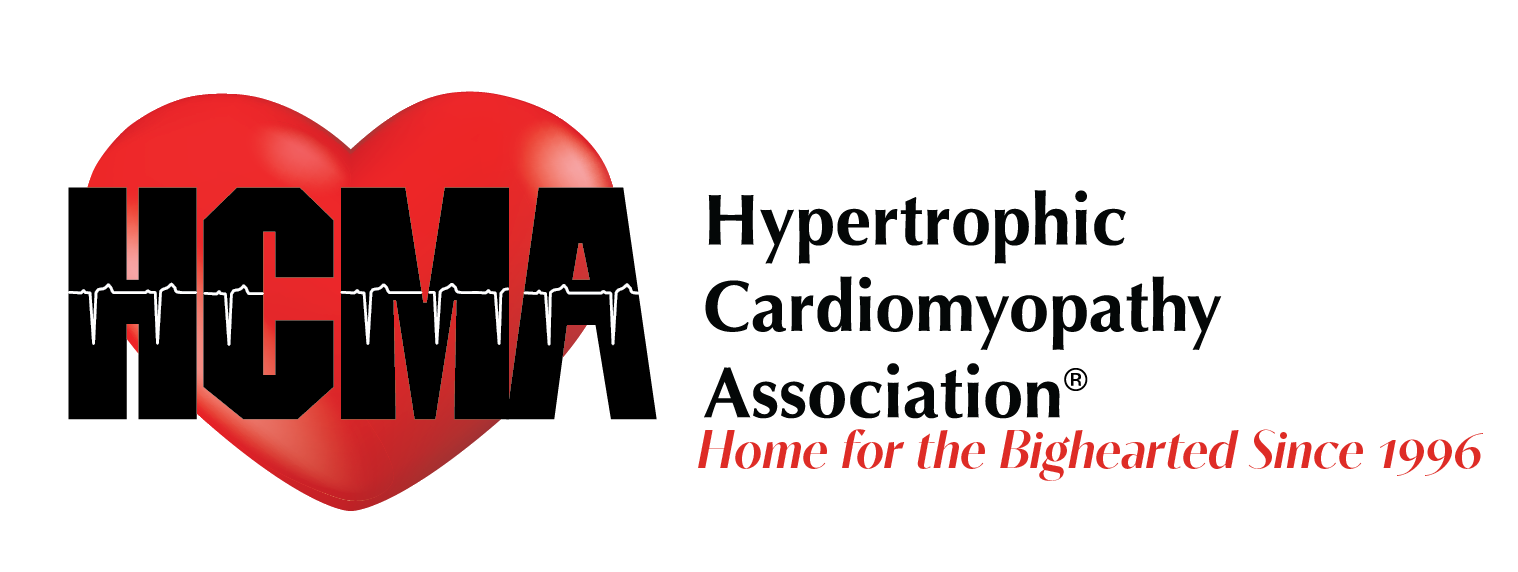Vigorous Exercise in Patients With Hypertrophic Cardiomyopathy – JAMA Cardiology | Original Investigation
Exercise has well-established physical and mental health benefits and is an integral part of life for millions of people worldwide. However, for individuals with hypertrophic cardiomyopathy (HCM), the possibility that physical activity may heighten the risk of sudden cardiac death (SCD) has led to exercise restriction and disqualification from competitive sports.
HCM is defined by unexplained left ventricular hypertrophy (LVH) and has a worldwide prevalence of approximately 1 in 500 individuals.1 It is the most common genetic cardiomyopathy and is inherited as a mendelian trait in approximately 50% of patients, predominantly due to pathogenic variants in genes that encode sarcomeric proteins. In others, it is expressed as a complex trait with contributions from both polygenic and acquired factors. Some patients with HCM may experience symptoms of heart failure and atrial and/or ventricular arrhythmias, whereas others have normal longevity and good quality of life.
Results of this cohort study suggest that among individuals with HCM or those who are genotype positive/phenotype negative and are treated in experienced centers, those exercising vigorously did not experience a higher rate of death or life-threatening arrhythmias than those exercising moderately or those who were sedentary. These data may inform discussion between the patient and their expert clinician around exercise participation.
Click here to learn more.
Click here to view the recording of LIVE – HCM Study Discussion Webinar
Rachel Lampert, MD; Michael J. Ackerman, MD, PhD; Bradley S. Marino, MD; Matthew Burg, PhD;
Barbara Ainsworth, PhD, MPH; Lisa Salberg; Maria Teresa Tome Esteban, MD, PhD; Carolyn Y. Ho, MD;
Roselle Abraham, MD; Seshadri Balaji, MBBS, PhD; Cheryl Barth, BS; Charles I. Berul, MD; Martijn Bos, MD;
David Cannom, MD; Lubna Choudhury, MD; Maryann Concannon, MSW; Robert Cooper, MD;
Richard J. Czosek, MD; Anne M. Dubin, MD; James Dziura, PhD; Benjamin Eidem, MD; Michael S. Emery, MD;
N. A. Mark Estes, MD; Susan P. Etheridge, MD; Jeffrey B. Geske, MD; Belinda Gray, MBBS, PhD; Kevin Hall, MD;
Kimberly G. Harmon, MD; Cynthia A. James, PhD; Ashwin K. Lal, MD; Ian H. Law, MD; Fangyong Li, MS;
Mark S. Link, MD; William J. McKenna, MD; Silvana Molossi, MD, PhD; Brian Olshansky, MD;
Steven R. Ommen, MD; Elizabeth V. Saarel, MD; Sara Saberi, MD, MS; Laura Simone, MS; Gordon Tomaselli, MD;
James S. Ware, MD; Douglas P. Zipes, MD; Sharlene M. Day, MD; for the LIVE Consortium

 Translate
Translate


